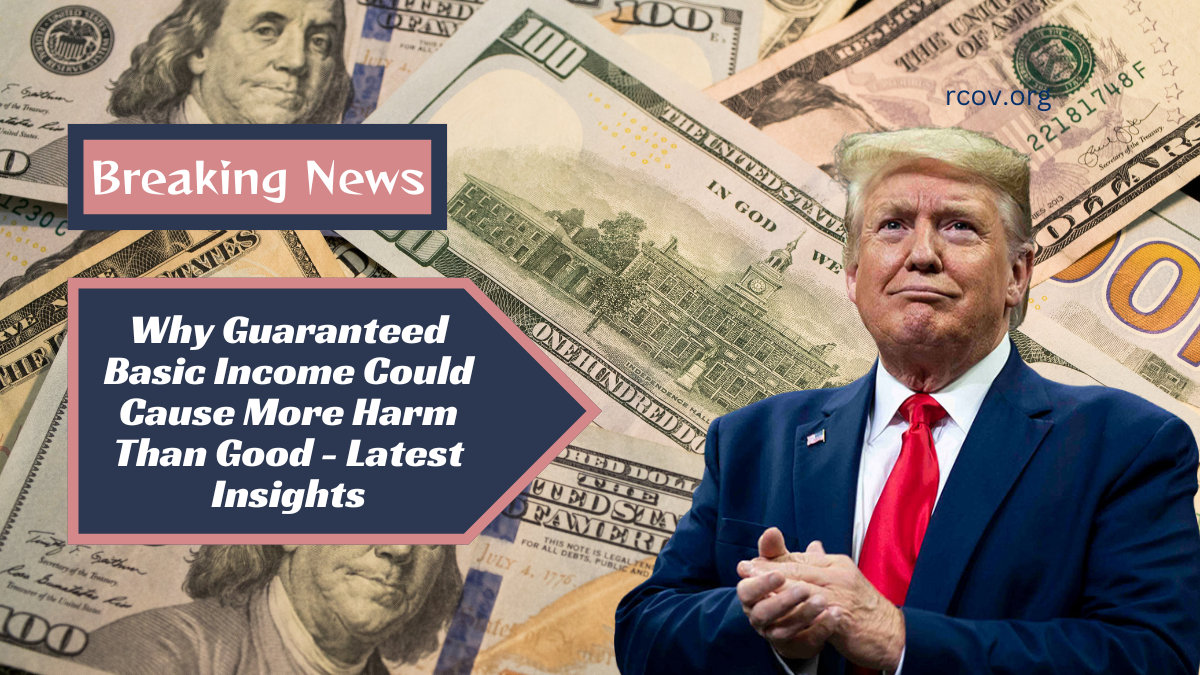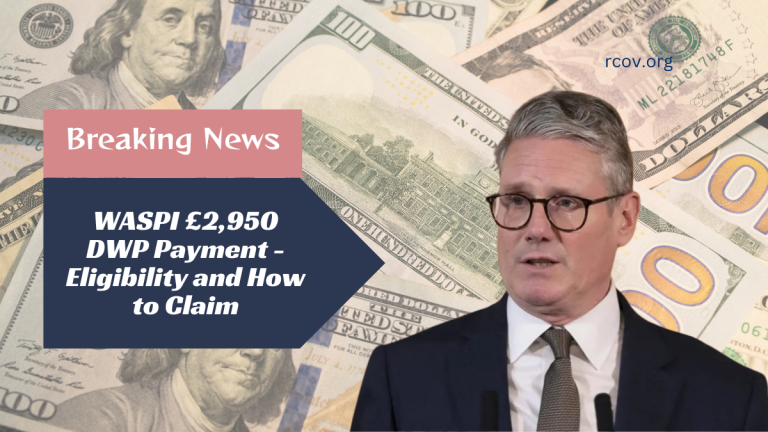The concept of a Guaranteed Basic Income (GBI) has gained traction as a potential solution to poverty and economic inequality. While it offers several advantages, it’s essential to consider the disadvantages associated with implementing such a system.
Financial Sustainability Challenges
Implementing a GBI requires substantial government expenditure. Funding this initiative could necessitate significant tax increases or reallocation of funds from other essential services, potentially straining public finances. For instance, a study on India’s Nyuntam Aay Yojana highlighted concerns about the program’s fiscal sustainability and its potential to worsen the fiscal deficit
Potential Work Disincentives
Providing unconditional cash payments might reduce the incentive for individuals to seek employment, especially if the GBI amount is comparable to or exceeds potential earnings from work. This could lead to a decrease in the labor force participation rate, impacting overall economic productivity.
Research indicates that while GBI can enhance financial stability, it may also result in reduced working hours and employment rates among recipients
Inflationary Pressures
An influx of cash into the economy without a corresponding increase in goods and services can lead to inflation. This inflation erodes the purchasing power of the GBI, potentially diminishing its effectiveness in alleviating poverty. The Economic Times has raised concerns that such programs could lead to fiscal ruin and soaring inflation
Equity and Fairness Issues
A universal GBI provides the same amount to all citizens, regardless of their financial status. Critics argue that this approach may not effectively target those most in need, potentially diverting resources from existing welfare programs that are more focused on poverty alleviation.
The New Economics Foundation suggests that UBI is an individualistic, monetary intervention that undermines social solidarity and fails to tackle the underlying causes of poverty, unemployment, and inequality
Implementation and Administrative Complexities
Establishing a GBI system involves significant administrative efforts to ensure accurate distribution and prevent fraud. The complexity of managing such a program could lead to inefficiencies and increased government bureaucracy.
The Cato Institute notes that while a guaranteed national income promises simplicity and transparency, it faces serious trade-offs among cost, simplicity, and incentive structure
Conclusion
While a Guaranteed Basic Income offers a promising approach to addressing poverty and economic inequality, it’s crucial to carefully consider the potential disadvantages.
Financial sustainability, work disincentives, inflationary pressures, equity concerns, and implementation challenges are significant factors that need thorough evaluation before adopting such a policy.
FAQs
What is a Guaranteed Basic Income?
A Guaranteed Basic Income is an unconditional cash payment provided by the government to all citizens, regardless of their employment status or income level.
How is a Guaranteed Basic Income funded?
Funding for a GBI typically comes from increased taxes, reallocation of funds from other programs, or borrowing.
Does a Guaranteed Basic Income discourage work?
Providing unconditional cash payments might reduce the incentive for individuals to seek employment, especially if the GBI amount is comparable to or exceeds potential earnings from work.
Can a Guaranteed Basic Income lead to inflation?
An influx of cash into the economy without a corresponding increase in goods and services can lead to inflation, eroding the purchasing power of the GBI.
Is a Guaranteed Basic Income fair to all citizens?
A universal GBI provides the same amount to all citizens, regardless of their financial status, which may not effectively target those most in need.







